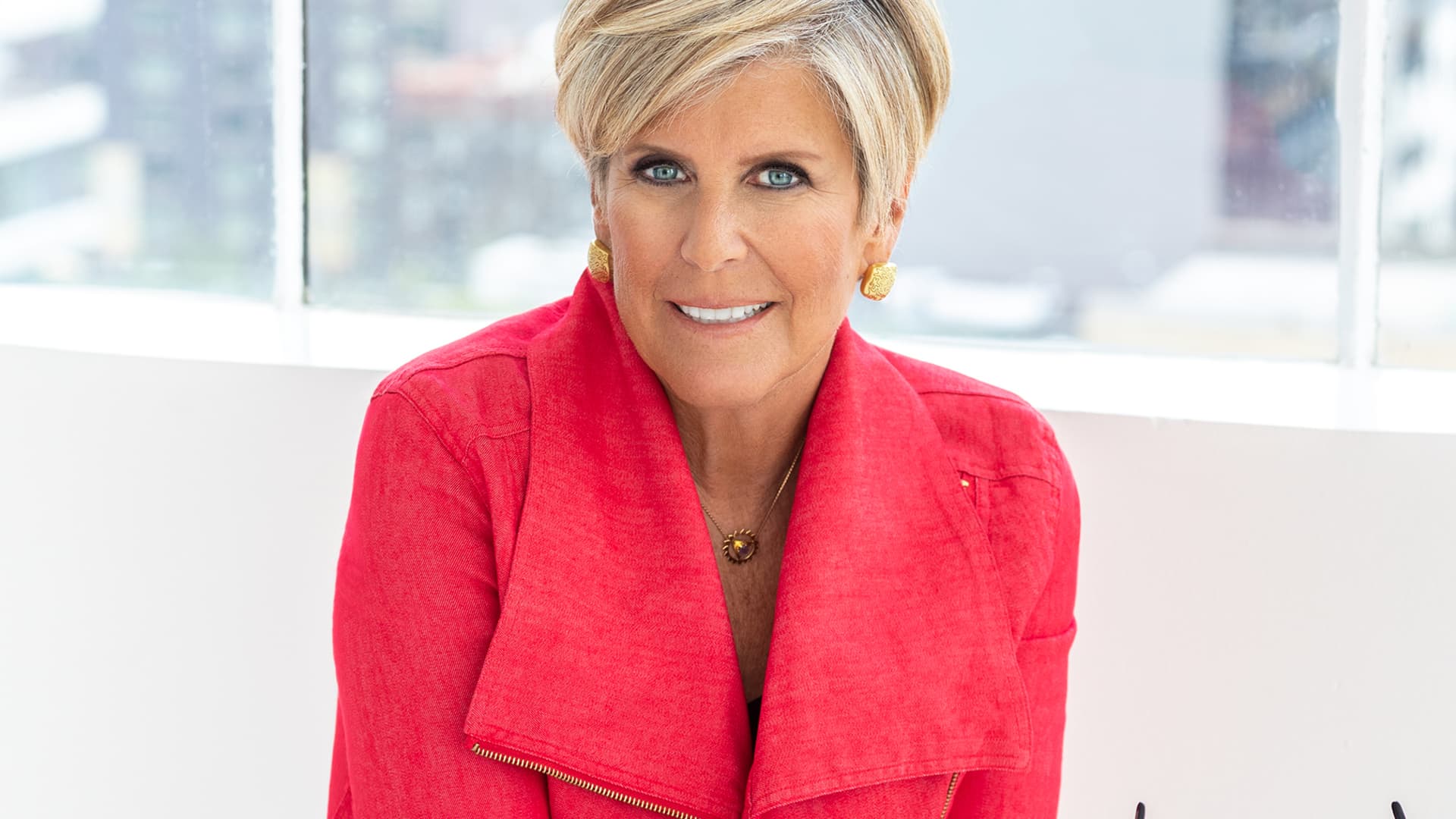If you’re saving in a tax-advantaged retirement account, you generally have one of two flavors to choose from.
The choice lies in when and how you are taxed. “Traditional” versions of 401(k)s and individual retirement accounts are funded with pre-tax dollars, meaning you get a tax break in the year you make contributions. Roth accounts work the other way around: You pay taxes up front, but you can withdraw your money tax-free, provided you meet certain rules, in retirement.
The argument over what type of account to use usually revolves around how much money you make. Low-earning early-career workers are better off in Roths, the thinking goes, because they’d save money by paying taxes when they’re in a low bracket, rather than waiting until they bring in more in retirement. Meanwhile, high earners generally gravitate toward traditional accounts and their upfront tax relief.
However, some money professionals don’t think you should bother with that particular calculation.
“I don’t care what tax bracket you’re in,” says Suze Orman, a financial expert and host of the Women and Money (and Anyone Smart Enough to Listen) podcast. “You’d have to be crazy to do anything other than a Roth retirement account.”
Why some experts love Roths
Orman’s sentiment echoes that of Ed Slott, a certified public accountant, founder of IRAHelp.com and one of Roth’s chief Internet evangelists.
When it comes to the question of paying your taxes now or later, almost everyone would be wise to pay now for two reasons, he says.
1. Roths don’t tax your earnings
Investors in traditional accounts can deduct the amount they put in from their taxable income for the year they made the contribution. But in exchange for that break, they are generally not allowed to withdraw their money until retirement without penalty. And when they finally withdraw it, they owe income tax on everything – their contributions and earnings.
If the market goes up during your career as an investor—and, historically, it does—then every cent you earn is adding to your potential tax burden.
“This tax is going up and up,” Slott previously told CNBC Make It. “Values have gone up, but that means the eventual share going to Uncle Sam will also be higher.”
Roths, meanwhile, tax your incoming contributions. You can withdraw up to what you contributed at any time from a Roth without penalty. And provided you’re 59½ and have owned the account for at least five years, everything you take out of a Roth IRA or 401(k) is tax-free.
2. Roths benefit from low tax rates
The traditional thinking about traditional vs. Roth accounts revolves around your personal tax rate. High earners have to pay tax later; low income people have to pay it now.
But what about the overall tax rate? After all, the government could raise taxes across the board, which would generally spell bad news for those pushing it.
While no one can predict how tax rates will change in the coming decades, it’s worth noting that tax rates are as low as they’ve ever been, says Christine Benz, director of personal finance and retirement planning. at Morningstar and the author. i “How to retire”.
“Tax rates are low, in layman’s terms, compared to where they’ve been historically,” she says. “So the idea is that you’re better off getting your tax medicine now at relatively low tax rates.”
Consider your options before choosing
Benz, however, isn’t as convinced as Orman or Slott that the Roths make more sense for everyone, period.
For one, if tax rates stay relatively low, traditional logic may still apply to some retirement savers, she says.
“It depends on the family. For higher earners, their tax rates in their peak earning years could be their highest in their lifetime,” she says. “So if they can get a tax break for their contributions, that might be the way to go.”
Of course, it can be tricky to determine exactly where you are on your career and retirement savings trajectory, which makes this a decision where professional input can be helpful.
“This is one area where financial planning software, a financial planner, can add a lot of value to help make some predictions about how much you’re contributing, how much you already have and what your tax rate will look like in pension,” says Benz.
Additionally, Benz sees no harm in having a mix of money in Roth and traditional accounts for retirees.
“The concept of tax diversification appeals to me. It’s hard to know where tax rates are going to go in the future. So having a combination will give you a mix,” she says. “You’re diversifying the tax treatment of your investment assets. I think that makes sense, just as you would diversify other aspects of your investment portfolio across asset classes and investment styles and sectors.”
Basically, there’s a chance that if you follow Orman and Slott’s advice and put everything into Roth accounts, you could end up paying more taxes than you would have if you were a little more strategic.
But as Slott likes to say, you end up with a pretty good consolation prize in retirement: “You’ve locked in a 0% tax rate for your retirement [withdrawals].”
Do you want to earn more money at work? Take CNBC’s new online course How to negotiate a higher salary. Expert instructors will teach you the skills you need to get a bigger paycheck, including how to prepare and build your confidence, what to do and say, and how to craft a counteroffer. Pre-register now and use coupon code EARLYBIRD for an introductory 50% discount until November 26, 2024.
Plus, sign up for CNBC Make It’s newsletter to get tips and tricks for success at work, with money and in life.

